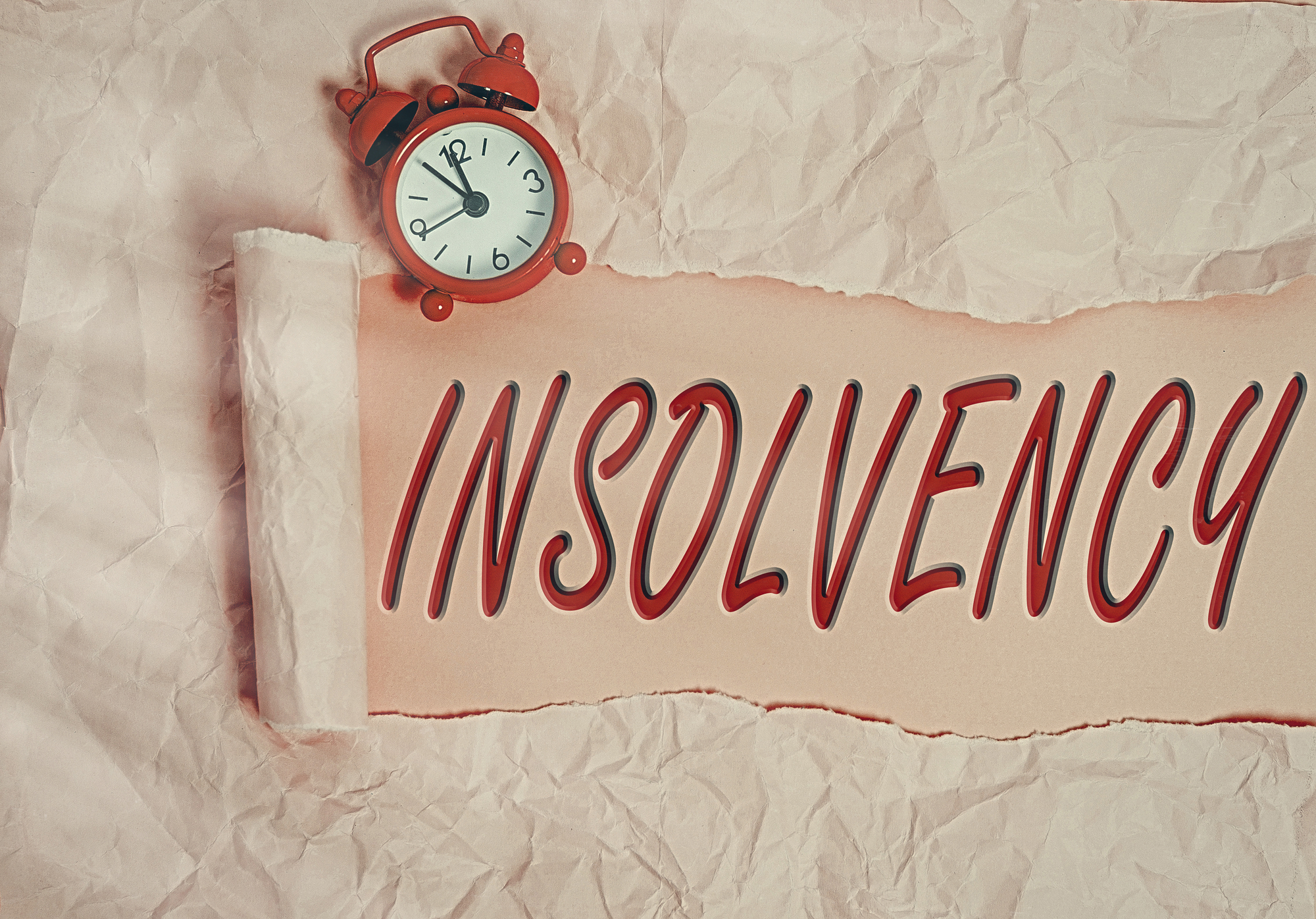What is it?
- A term far better known in the US, where regulations are different around what can be retained on a credit file and for how long
- Debt that has gone into collections status
- Maximum time periods items in collections can stay on somebody’s credit file and affect their credit rating
- Limit in Canada is 6 years
- But can “come back to life” when debt is sold by one collection agency to another
- Regulations govern how long negative information can stay on a credit file (late payments, bankruptcies) so they don’t follow them around forever
- Maximum time before an item can be removed;
- “Ten years later, nobody should be able to see that you’ve declared bankruptcy.”
- “What tends to happen with items that are in a collections status, “What collections agencies sometimes do is they play around with the dates that they are reporting to the credit bureau in order to extend the amount of time that the particular item stays on a person’s credit file.
- But those debts still exist; “You do technically still have to pay it. However, once it’s off the credit file, that removes one of the major motivators that collections agencies have to get people to pay their debt because once it’s off the credit file it’s no longer going to be impacting someone’s credit score.”
- Unlikely somone is going to address adebt that’s six-year’s old
- Something that should be removed/has been removed can come back to haunt you
Most commonly happens when an item moves from one collections agency transfers it, usually for cents on the dollar;

Tweak the dates – “What they’re trying to do is reset the clock so that it goes back to zero when it moves between collections agencies. That’s what they’re attempting to do.” Not a blanket statement about all collections agencies, but has seen it happen – they reset the date to the date they received it; “And then they feign ignorance, saying, ‘That’s the first date we were aware of this debt, so that’s why we’re reporting this date.’ If they do that, then they are unfairly extending the amount of time that that item stays on the consumer’s credit file.”
Equifax is aggressive in pushing back against collections agencies that try this, threatening some agencies with cutting off their ability to report to the company if they are found to be changing dates, but investors
Hinders ability to get credit, but could also stop a person from getting a rental unit, jobs require credit checks in addition to background checks, “It might affect more than you think.”
Date of last activity – the date they pick up the debt
Avoid:
- “This is standard advice that I recommend to anybody, in any stage of life, in any credit situation is to keep an eye on your credit files from both credit bureaus, Equifax and TransUnion. There are a number of ways you can get them for free.”
- Helps you keep an eye out for errors; “Does everything on my credit file look like an account I actually have?” reporting errors – items that shouldn’t be there any longer, with the appropriate documentation the age of the debt can be proven
- Could also help you find signs of identity theft or a mistake – someone with the same name with credit problems having them foisted on you
- “You don’t want to find out about that when you’re sitting in your mortgage broker’s office trying to close your real estate deal within 24 hours and being told there’s something wrong with your credit score.”
- “It’s just one of those things that is just part of general adulting.
- Financial literacy month in Canada in November
- “It’s an annoying thing to have to do on top of everything else that’s annoying about being an adult, but it really is such an important way of being on top of your finances and not getting caught by surprise down the road.”









